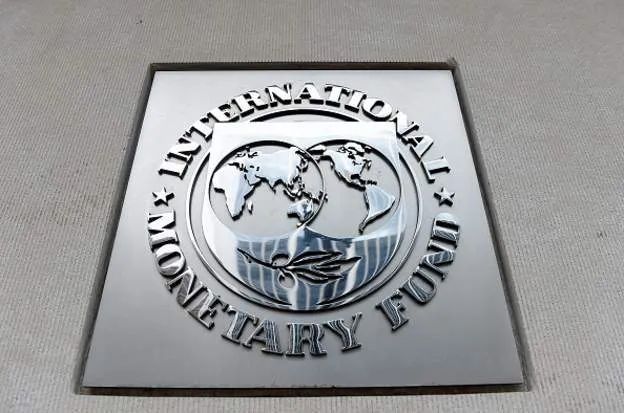The International Monetary Fund has issued a stark warning about Nigeria’s economic challenges, citing stagnant per-capita growth, widespread poverty, and escalating food insecurity as key contributors to the nation’s ongoing cost-of-living crisis.
In a report titled ‘IMF Executive Board Concludes Post Financing Assessment with Nigeria,’ the global financial institution highlighted Nigeria’s mounting inflation, currency instability, sluggish economic expansion, and the shuttering of businesses as significant concerns.
According to the report, inadequate revenue collection has severely constrained the government’s ability to deliver essential services and invest in public infrastructure.
The IMF report underscored that headline inflation soared to 27 percent year-on-year in October, with food inflation reaching a staggering 32 percent. This surge was attributed to the removal of fuel subsidies, currency depreciation, and poor agricultural output.
In a statement, the IMF stated, “Nigeria is grappling with adverse external conditions and a myriad of domestic issues. The availability of external financing, both from markets and official sources, is limited, while global food prices are skyrocketing due to conflicts and geopolitical fragmentation.”
The report emphasized the urgent need for Nigeria to address its economic woes, stating, “Per-capita growth has stagnated, poverty levels are alarmingly high, exacerbating the affordability crisis. With low reserves and minimal fiscal leeway, the government’s policy options are severely restricted. Given this challenging environment, the authorities’ efforts to restore macroeconomic stability and foster sustained, inclusive growth are commendable.”
Despite Nigeria’s economic challenges, the IMF affirmed the country’s capacity to repay its debts, following the conclusion of the Post Financing Assessment by the Executive Board on January 12, 2024.
Furthermore, the IMF acknowledged the new administration’s proactive measures in addressing structural issues, such as the removal of fuel subsidies and the unification of exchange rates. The IMF commended the Central Bank’s focus on price stability and the government’s commitment to enhancing domestic revenue mobilization.
However, concerns remain over Nigeria’s escalating debt burden. With the nation owing the IMF $2.8 billion and budgeting a substantial portion of its 2024 budget for debt servicing, experts warn of potential repercussions. Professional services firm PricewaterhouseCoopers cautioned that mounting debt service costs could undermine Nigeria’s credit rating outlook and increase borrowing expenses, urging the government to bolster revenue generation efforts to mitigate these risks.
